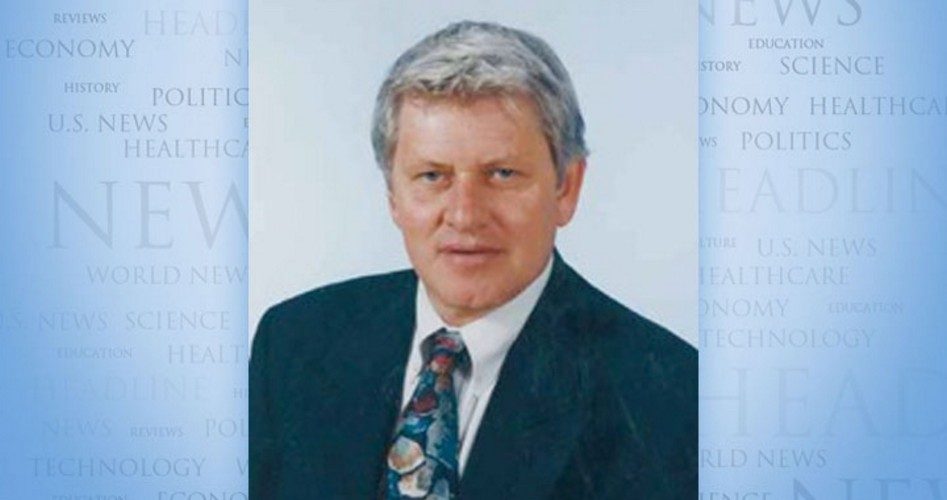
Here’s an actual business case, a true story about an acquaintance of mine and her entrepreneurship and success in the competitive arena of women’s decorative gear — an account of income changes that occurred in her expanding enterprise that might add some insight and economic realism to the growing and increasingly heated debate about income inequality.
First, regarding the politics on this issue, some at the extreme end of the political spectrum argue that almost any level of economic inequality is automatically unfair, a moral flaw and societal injustice that should be corrected by the politicians, by public policies that redistribute wealth and income.
Here, for example, is the analysis by Paul Buchheit, self-described as a college teacher and founder of UsAgainstGreed.org, as recently published at alternet.org: “Inequality is a cancer on society, here in the U.S. and across the globe. It keeps growing. But humanity seems helpless against it, as if it’s an alien force that no one understands, even as the life is being gradually drained from its victims.”
That’s some mighty heavy negativity. Imagine rolling out of bed with a freshman hangover and having Buchheit for an 8 a.m. class: “Good morning fellow victims, helpless prey. The alien vampires are bigger this morning than ever and we’re totally powerless as Earthlings to stop them.”
It sounds like the script from Invasion of the Body Snatchers.
Other critics of inequality, perhaps less collectivist and more lighthearted, argue that it is the extreme levels of inequality that are inherently bad.
Others contend that it is inescapably a sign of economic unfairness and unmitigated policy failures if the degree of wealth and income inequality is growing.
All those assumptions are wrong.
In fact, they set the political stage for the enactment of policies that create obstacles to upward mobility for the poor and middle class — the exact opposite of what’s desired by those who seek more upward mobility for the bottom and middle income groups and an income and wealth distribution that’s more level.
Here is the aforementioned business illustration that points to how the critics of inequality and growing income gaps have a fundamental misunderstanding of how the economy works. And this is just one example of what happens millions of times in the small business sector on a regular basis — and repeatedly, decade after decade.
It begins with a woman who is not making a lot of money, $20,000 in a good year, and a few dozen women who are primarily homemakers; people who are working at home with little or no outside incomes.
The woman making $20,000 came up with a good product idea and after years of work on design, production, and marketing, plus financial investments, she now earns over ten times more per year than when she started.
Also making more money than before is her sales team, mainly women who went from zero income to earning, even with part-time employment, tens of thousands of dollars per year.
Putting specific numbers to it to clearly illustrate the income dynamics and social consequences, let’s say the business owner’s income increased from $20,000 to $200,000 and a part-time sales consultant’s annual income went from zero to $30,000.
Income inequality became greater in this case, with the earnings gap between the two women jumping from $20,000 in the first stage to $170,000 in the second phase.
In short, their incomes became more unequal in stage two and they’re both better off financially than they were in the beginning. Bottom line, they’re more unequal and both richer.
And on the infrastructure side, even more potholes in the roads get fixed, as incomes and taxes go up and there’s more money for asphalt.
The key question: Would the woman now making $30,000 a year, up from zero, be better off if we discouraged the entrepreneurship of the other woman, discouraged her ambition and investments of time and money by way of higher taxation, more regulations, more mandates, and higher levels of social disapproval?
Succinctly and accurately, here’s how Winston Churchill put it: “The inherent vice of capitalism is the unequal sharing of blessings. The inherent virtue of socialism is the equal sharing of misery.”
Ralph R. Reiland is the B. Kenneth Simon professor of free enterprise and an associate professor of economics at Robert Morris University in Pittsburgh


